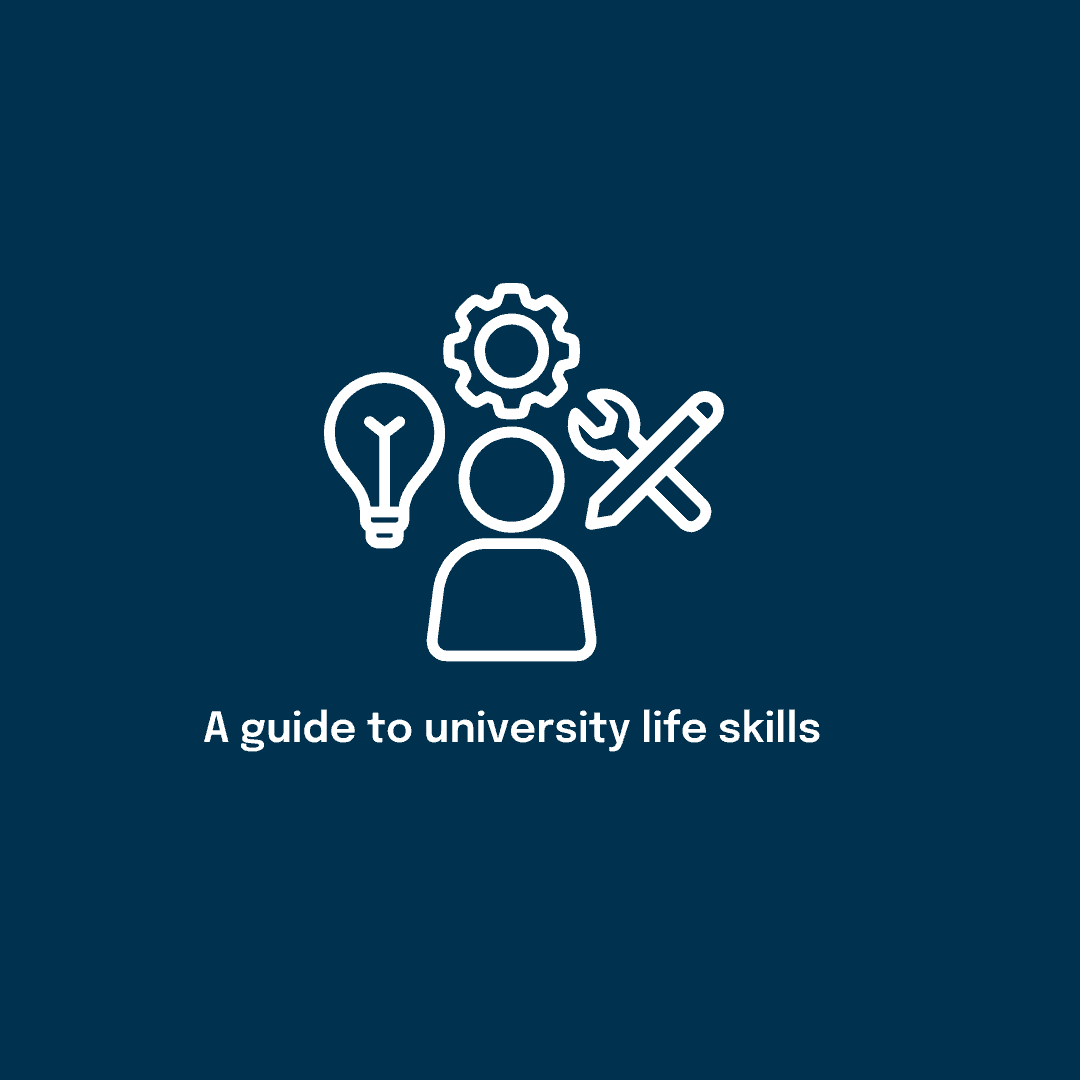How to manage your money
Learning to manage your money effectively is one of the most important life skills to master whilst at University.
Starting university is an exciting time, but it’s also important to make sure you’re financially prepared for the journey ahead.
Below, we’ve compiled a list of the steps you can take to ensure that you’re making the most of your financial resources, whilst keeping stress at bay.
Familiarise Yourself With Available Funding
- Check your funding eligibility: Ensure you’re receiving the maximum level of funding available to you. If you’re unsure, don’t hesitate to get in touch with our financial support team at studentmoney@chi.ac.uk for assistance.
- Consider part-time work: If you want to supplement your income, our Careers & Employability Service may be able to help you find work opportunities that suit your schedule.
- Explore benefits: If you have children or a disability, remember to check if you’re eligible to claim benefits during your study.
- Student bank accounts: For full-time undergraduate students, opening a student bank account with an overdraft can be a useful resource. However, keep in mind that this is essentially borrowing money, and you’ll need to repay it after you finish your course.
For students who are experiencing financial difficulty, the University has a Support Fund and an emergency loan facility. Please see the information on our Money advice: money worries help page for more information on these and how to apply.
Prepare a budget
One of the best ways to manage your finances it to plan-ahead. Creating a budget will help you avoid unnecessary stress and keep you on track throughout the semester.
- Stick to your budget: By creating a budget, you ensure you’re living within your means, helping your funds last longer.
- Avoid overspending at the start: Many students fall into the trap of spending large sums of money early on in the semester and then struggling towards the end. A budget can help you avoid this pitfall.
- Use budgeting tools: The University has its own budget planner, alternatively, you can find other example budget planners and money calculators.
Cut down on unnecessary spending
One way to improve your personal finances is to spend less!
- Council Tax exemption: Full-time students (and some part-time students) are exempt from paying Council Tax. Make sure you’re receiving this benefit from the start of your course.
- Check your Income Tax: Most full-time students don’t earn more that the personal allowance for tax-free income, so ensure you’re not paying more tax than you should.
- Transportation costs: For many students, owning a car becomes a financial burden. Chichester and Bognor Regis are easy to get around by foot, bike, or public transport. Plus, the University subsidises a bus service linking the two campuses, saving you money on travel.
- Mobile phone contracts: Be cautious when signing mobile phone contracts. Long-term commitments can lead to unexpected financial strain, so look for competitive rates that fit your budget before committing.
Don’t Hesitate to Ask for Help
Managing your finances can be overwhelming, but you don’t have to do it alone. The University offers several resources to help students stay on top of their financial situation.
- Student Money Advice: Our dedicated team is here to assist you with all things finance-related, from understanding student loans to helping you with applications or resolving financial challenges.
- Support Fund: If you’re facing financial difficulty despite accessing all available support, our Support Fund is here to help. This fund is designed to alleviate financial hardship and ensure you can complete your studies.
By familiarising yourself with available funding, planning a budget, reducing unnecessary expenses and seeking support when needed, you can ensure that your finances don’t add unnecessary stress during your time at university. Remember, we’re here to support you every step of the way, so don’t hesitate to reach out if you need assistance.
Useful pages:



